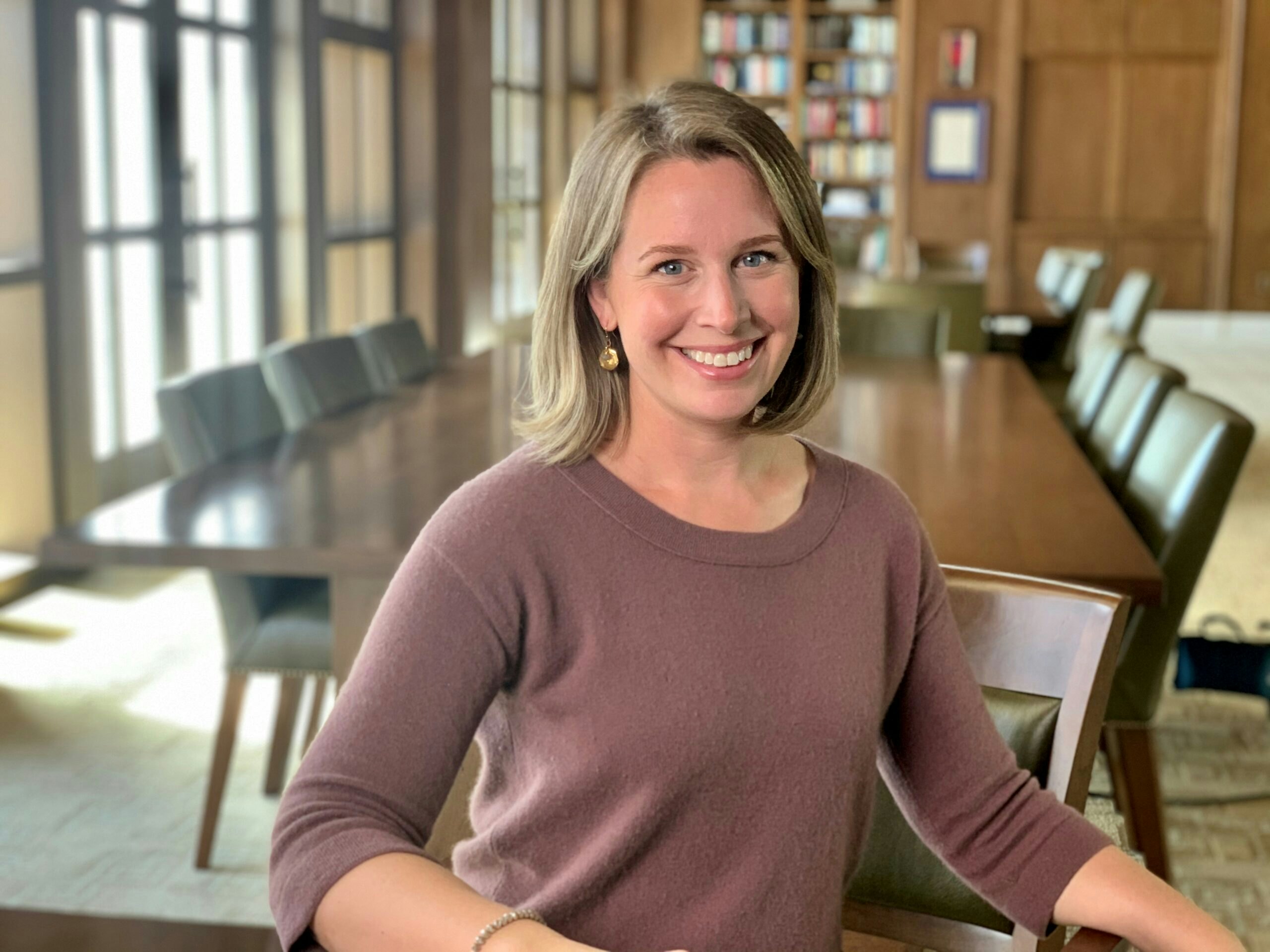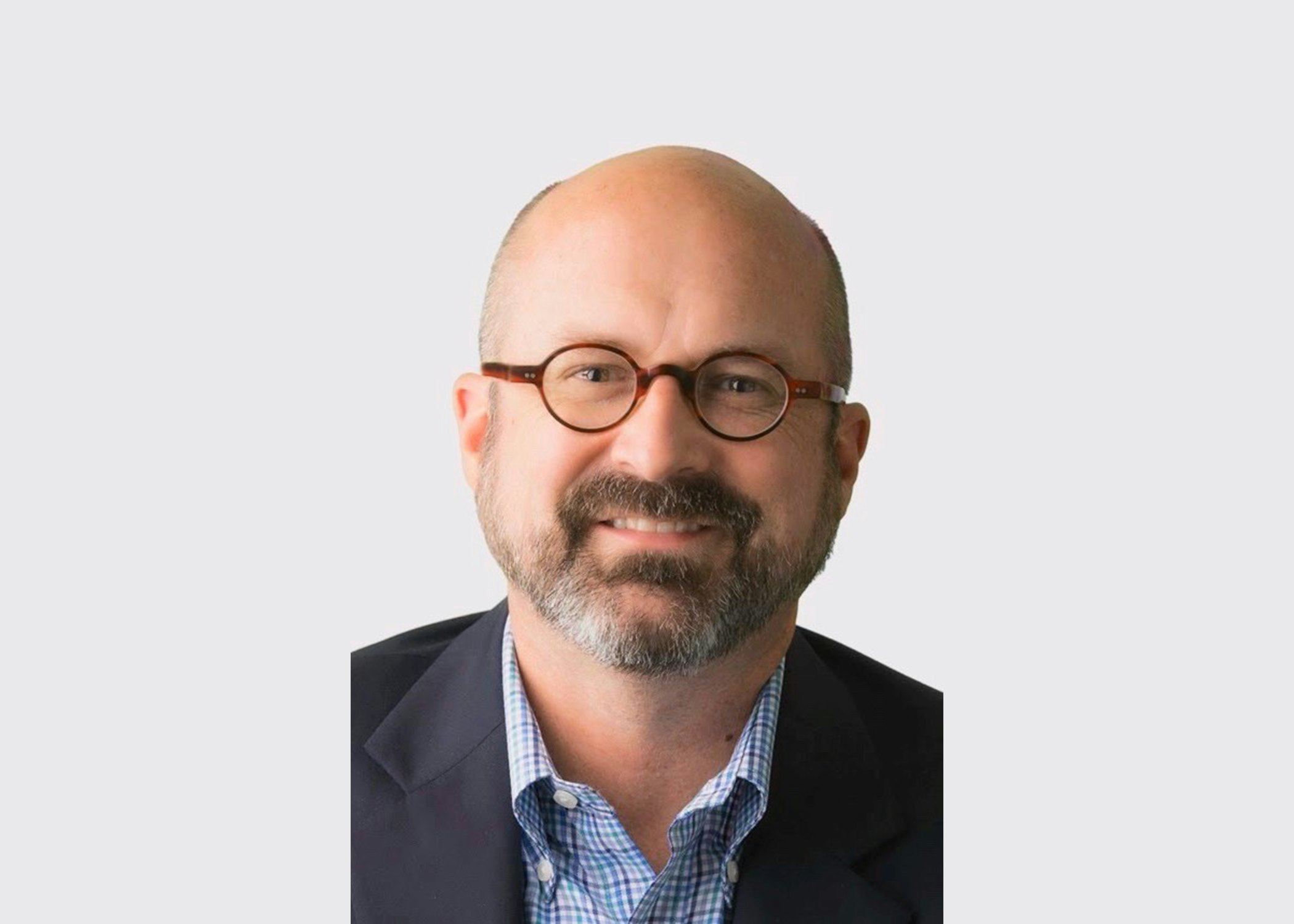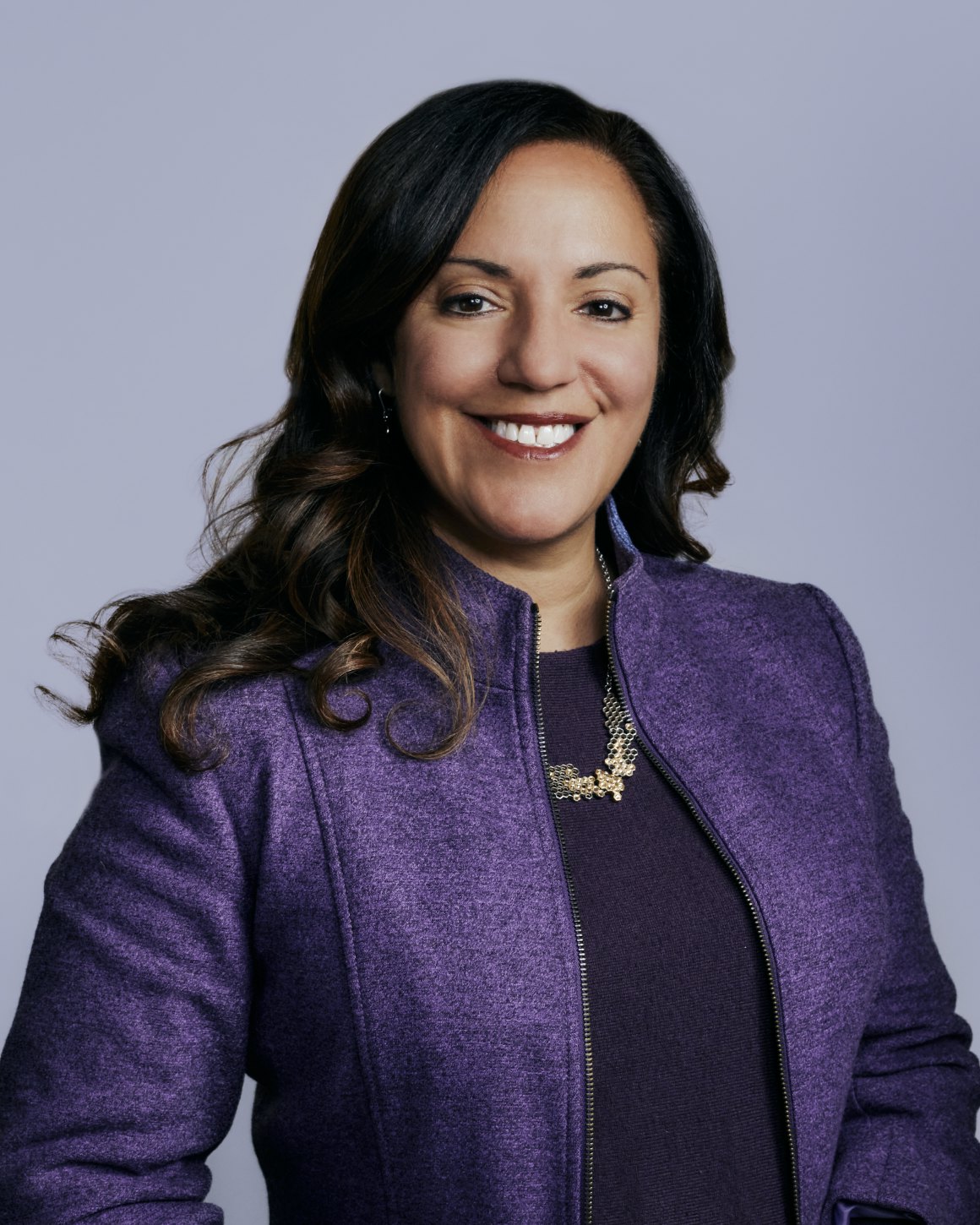In this month’s “Five Questions With…” Hannah Abney tells us about the Freedom Matters special exhibit, which includes rare versions of several of America’s founding documents, and shares a leadership lesson learned from President and Mrs. Bush.
Hannah Abney has accomplished a great deal in her career in communications. She’s worked at public relations agencies, in the Office of Vice President Dick Cheney, a major trade association and became Director of Communications at the Bush Center in 2011, two years before the building was opened. For more than a decade, Hannah has been an important advisor and confidante to President and Mrs. Bush, helping define their post-presidency and make the Bush Center what it is today. She has spent the past year in a special role at the Bush Center: Chief Communications Counselor and the creator of the new special exhibit, Freedom Matters, which opens March 2 and runs through Dec. 31. In this month’s “Five Questions With…” Abney tells us about the exhibit, which includes rare versions of several of America’s founding documents, and shares a leadership lesson learned from President and Mrs. Bush.
Q: After spending your career as a communications professional, including leading external affairs at the Bush Center for many years, about a year ago you were asked to lead the process of creating the Bush Center’s new special exhibit, Freedom Matters. How did you get comfortable and figure out how to take on such a different challenge?
Fortunately, I work with brilliant people who have been attending to the work of advancing human freedom for a long time. We were able to derive the content for the exhibit (and steal the name!) from Freedom Matters, a high-school-level curriculum created at the Bush Institute. I can’t imagine a better foundation to build from. I also benefited from the advice and wisdom of talented people at museums all over the country. They were generous with their time and patient with my questions.
And, we’re the lucky beneficiaries of awesome artifacts, courtesy of David Rubenstein and the Harlan Crow Library. Their curators and collection staff were critical in pulling the exhibit together.
Q: Can you tell us about the exhibit?
Freedom Matters encourages visitors to consider the pursuit of freedom throughout history, how the work of extraordinary and ordinary people has impacted freedom for millions of individuals, and what each of us can do to advocate for the blessings of liberty and free society.
The exhibit features historical documents and artifacts, including rare versions of the Declaration of Independence, the Constitution of the United States, the Bill of Rights, the Emancipation Proclamation, and a 14th-century copy of the Magna Carta. If you’re a book person like me, you’ll also enjoy seeing first-edition volumes from Locke and Rousseau and the memoirs of Frederick Douglass, Sojourner Truth, Harriet Tubman, and more. We hope everyone will visit us in Dallas and check it out.
Q: What do you hope people take away from experience?
When we were writing the concept paper for this exhibit over a year ago, we started with President Bush’s 2001 inaugural address.
He said: “I will live and lead by these principles: to advance my convictions with civility, to pursue the public interest with courage, to speak for greater justice and compassion, to call for responsibility and try to live it as well. In all these ways, I will bring the values of our history to the care of our times … I ask you to seek a common good beyond your comfort; to defend needed reforms against easy attacks; to serve your nation, beginning with your neighbor. I ask you to be citizens: citizens, not spectators; citizens, not subjects; responsible citizens, building communities of service and a nation of character.”
I hope that this exhibit demonstrates “the values of history” and that it reminds people of the extraordinary impact that ordinary people can make in pursuing freedom.
And I hope they enjoy their time while they are here!
Q: Are there leadership lessons learned from your time in the administration – or from being around President and Mrs. Bush since the inception of the Bush Center – that serve you today, personally or professionally?
Where do I start? My job at the Bush Center has allowed me to see how President and Mrs. Bush treat people in front of the camera and when no one is watching. In all circumstances, they are kind, considerate, and genuinely curious about the lives of the people they meet. They remember children’s names and significant life events. They make the people around them feel welcome and valued, whether they’ve known them for five minutes or years.
President and Mrs. Bush, and my colleagues at the Bush Center, have taught me that strong leaders value the contributions of others, operate from a place of humility, create environments where people feel comfortable expressing their opinions regardless of their role in the organization, and begin (and end) with kindness and respect.
Q: You and your husband, Allen, are among the dozens of couples who met while working in the administration and later married. How did you meet?
Like many people who met their spouse during their early or mid-twenties, Allen and I met in a bar. It’s not the most romantic story, but it has staying power: We’ve been together for 20 years and married for 17. We have three wild and wonderful boys (Jack is 12, Wright is 10, and Ellis is 7) who keep us on our toes.
It’s impossible to think about that time in my life without also reflecting on friendship. The early 2000s was a crash course in a “work hard/play hard” mentality. I met and worked with many people who are still important friends in my life. I’m grateful for that.




























